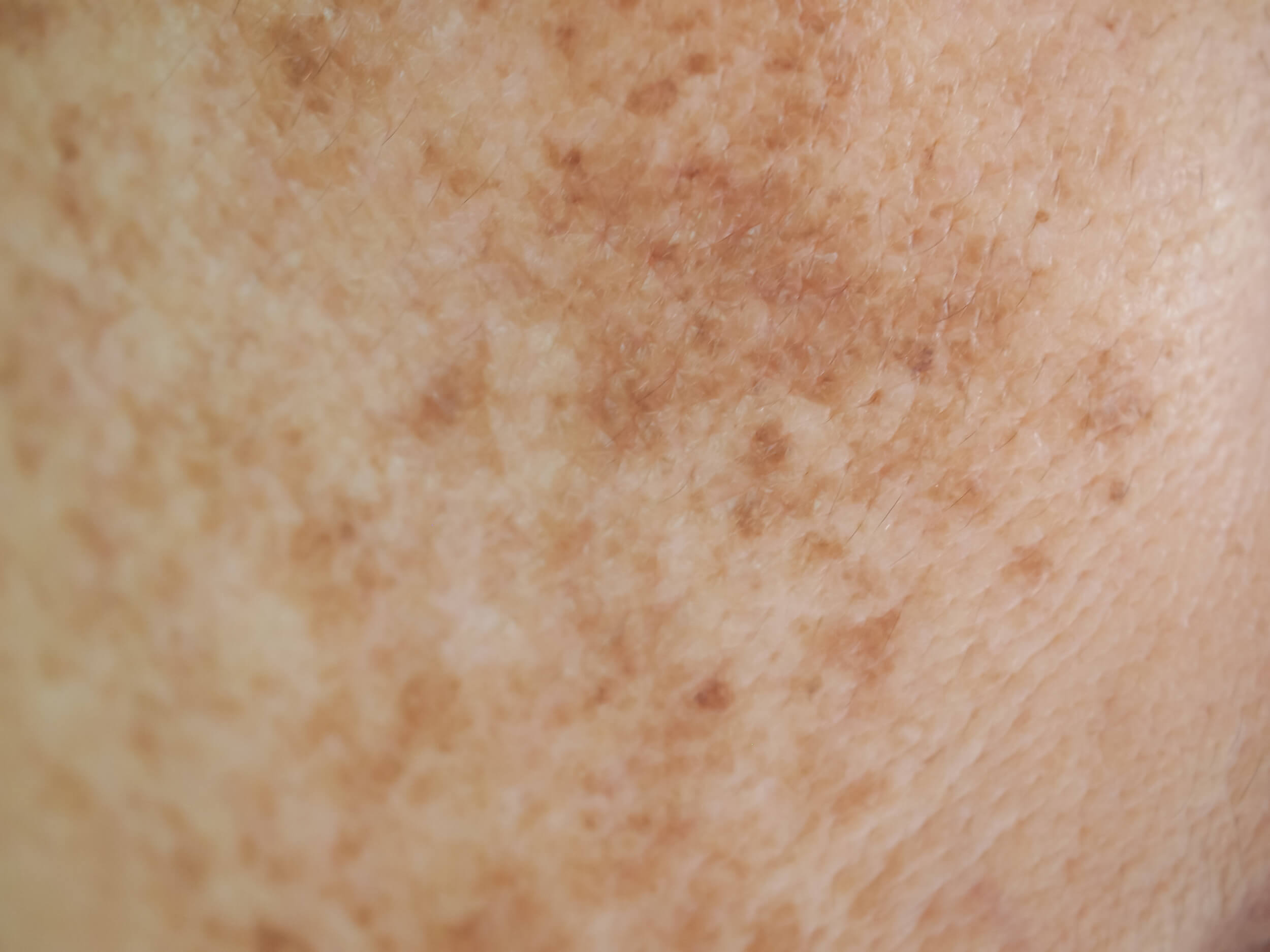Skin is more than just something we see in the mirror. It’s the body’s first line of defense, protecting us from dirt, germs, and harsh weather every single day. Because of that, the way we care for it makes a bigger difference than most people realize.
A common mistake is thinking that piling on more products will guarantee better results. In reality, too many steps can irritate the skin and sometimes do more harm than good. Dermatologists often explain that skincare that works isn’t about filling up your bathroom shelf—it’s about sticking to a steady, simple routine.
Consistency is what truly keeps the skin healthy. When you use the right products regularly, your skin has the chance to repair, stay hydrated, and defend itself. The beauty of a smart routine is that it doesn’t have to be complicated to be effective.
The Dermatologist-Approved Foundation
Gentle Cleansing Comes First
Healthy skin routines always begin with cleansing. Dirt, oil, and makeup build up throughout the day, and if they’re not removed, they block other products from working. A clean surface makes sure every step that follows is worth it.
Dermatologists often suggest using lukewarm water. Hot water dries out the skin by removing natural oils, and cold water doesn’t clean as well. Pairing lukewarm water with a mild cleanser is the best way to start skincare that works.
Different skin types benefit from different cleansers:
- Oily skin: Foaming formulas help remove excess oil.
- Dry skin: Creamy or hydrating cleansers add comfort.
- Sensitive skin: Fragrance-free and gentle options prevent irritation.
The goal isn’t to chase trends or use harsh products. It’s to find a cleanser that keeps skin feeling fresh and balanced without leaving it tight.
Moisturizer: Locking in Hydration
Cleansing alone isn’t enough. Once skin is washed, it needs moisture to stay strong and healthy. Skin naturally loses water through the day, especially when exposed to sun, wind, or indoor heating. A good moisturizer prevents that loss and strengthens the barrier that keeps skin protected.
Dermatologists highlight three ingredients that make a difference:
- Ceramides rebuild the skin’s barrier.
- Peptides support natural repair.
- Hyaluronic acid attracts and holds water.
This mix is part of skincare that works because it adds back what the skin can’t always hold on its own.
Choosing the right texture matters, too:
- Gels are light and fit oily skin.
- Creams are richer and suit dry or mature skin.
- Lotions work well for most skin types.
A moisturizer should feel good, not heavy or sticky, so you’ll want to use it every day.
Sunscreen: The Daily Non-Negotiable
The last layer in the morning is always sunscreen. It’s not just a summer product—dermatologists call it the most important habit for long-term skin health. Sunscreen shields against UVA and UVB rays that cause burns, early aging, and raise the risk of skin cancer.
Experts agree that broad-spectrum sunscreen with at least SPF 30 is the gold standard. For skincare that works, sunscreen should be the last step in your routine so it forms an even layer of protection. If you’re outdoors, it needs reapplying every two hours.
Sunscreen’s impact goes beyond appearance. Regular use helps prevent fine lines, wrinkles, and dark spots, but more importantly, it lowers the chance of developing skin cancers. Clouds don’t block harmful rays, so daily use is key, rain or shine.
This one product may feel simple, but it’s the strongest protection your skin can have for years to come.
Helpful Add-Ons for Extra Support
Antioxidant Boosters
After the basics are in place, some extras can give skin added protection. Antioxidants are one of them. They fight free radicals, the unstable molecules caused by UV rays and pollution that damage cells.
Popular options include:
- Vitamin C for brightness.
- Vitamin E for barrier support.
- Niacinamide for calming redness.
These ingredients often come in serums or moisturizers. They’re not mandatory for skincare that works, but they can improve results, especially for people living in cities with more pollution or lots of sun exposure.
Hydrating Serums
Moisturizers lock in hydration, but sometimes the skin needs an extra push. That’s where hydrating serums come in. They usually contain humectants, which are ingredients that draw water into the skin.
Two proven ones are:
- Hyaluronic acid
- Glycerin
Dermatologists often suggest using them in dry climates or during winter when indoor heat dries the air. For skincare that works, apply serums before moisturizer so the hydration gets sealed in.
Serums aren’t always necessary, but they can be especially helpful for people who feel like their moisturizer alone isn’t enough.
Retinoids and Retinols
Retinoids and retinols have a reputation for being powerful anti-aging tools, and dermatologists back that up. They increase cell turnover, smooth fine lines, and even out skin tone.
Key points:
- Retinols are found in over-the-counter products.
- Retinoids are stronger versions, available by prescription.
Because they can be irritating at first, dermatologists recommend introducing them slowly—just a few nights a week, and only at night since sunlight weakens their effect. With steady use, they’re part of skincare that works for tackling early signs of aging.
Items Dermatologists Say to Skip
Harsh Cleansing Tools
Scrubbing brushes and rough tools may feel like they’re deep cleaning, but dermatologists warn they often cause irritation. Redness, breakouts, and damaged barriers are common side effects. Two clean hands or a soft cloth are more than enough to wash the skin safely.
One-Time Masks
Sheet masks may seem fun, but their effect is temporary. Most are just soaked in hydrating serum, which you could get more cheaply and sustainably in a bottle. For skincare that works, stick to reusable products that last longer.
Heavy Skin Oils
Thick oils often clog pores instead of moisturizing deeply. While they may feel nourishing, most don’t provide enough hydration on their own and can trigger acne. Lighter creams and lotions give longer-lasting benefits without the side effects.
Tailoring Routines for Skin Conditions
Acne
For acne, dermatologists recommend cleansers with salicylic acid, sulfur, or benzoyl peroxide. These ingredients reduce buildup and calm inflammation. Products heavy in oil should be avoided, as they often worsen breakouts.
Eczema and Rosacea
Sensitive conditions like eczema and rosacea need fragrance-free, gentle care. Moisturizers with ceramides help restore the skin’s barrier. Harsh acids or scrubs should be skipped to avoid flare-ups.
Sensitive Skin
When skin reacts easily, fewer products are better. Simple, mild formulas with no added fragrance are safest. Mineral-based sunscreens are less likely to irritate, making them a smart choice for protection.
Safe Testing and Professional Guidance
Even with the right routine, testing new products is important. Dermatologists suggest patch testing by applying a small amount behind the ear or on the inner arm for several days. If no reaction shows up, it’s likely safe to use on the face.
Seeing a dermatologist at least once is valuable. They can recommend products tailored to your skin type and condition. If a dermatologist isn’t available, primary care doctors can often guide patients through common issues like acne or eczema.
This kind of support prevents trial-and-error mistakes that waste money or damage skin. Skincare that works isn’t about guessing—it’s about making informed choices with help from trusted experts.
The Bottom Line on Skincare That Works
At the end of the day, the basics win. A gentle cleanser, a reliable moisturizer, and a daily sunscreen form the foundation of healthy skin. Consistency in using these products beats chasing the newest trends or loading up on too many steps.
Extra items like antioxidants, serums, or retinoids can be helpful, but only as add-ons, not replacements. Dermatologists stress that less really is more. When you focus on simple habits, you’re building skincare that works—and keeps working for years to come.















